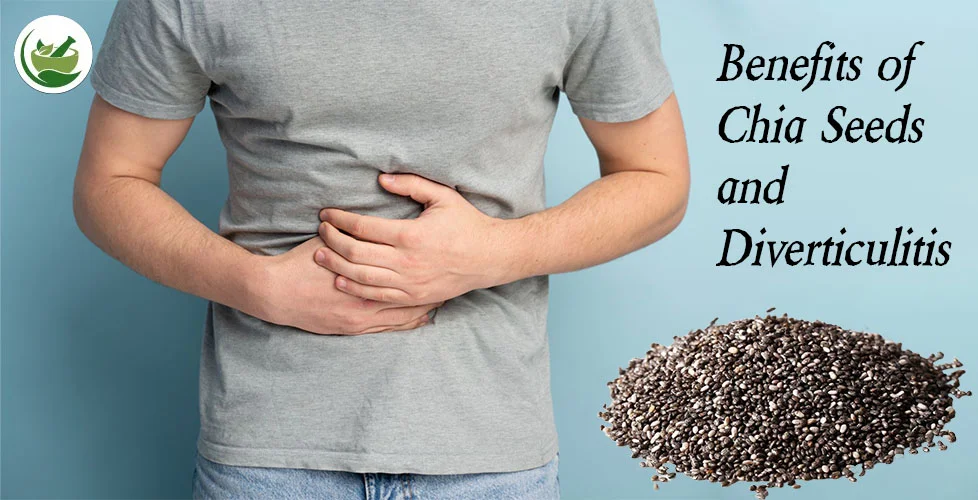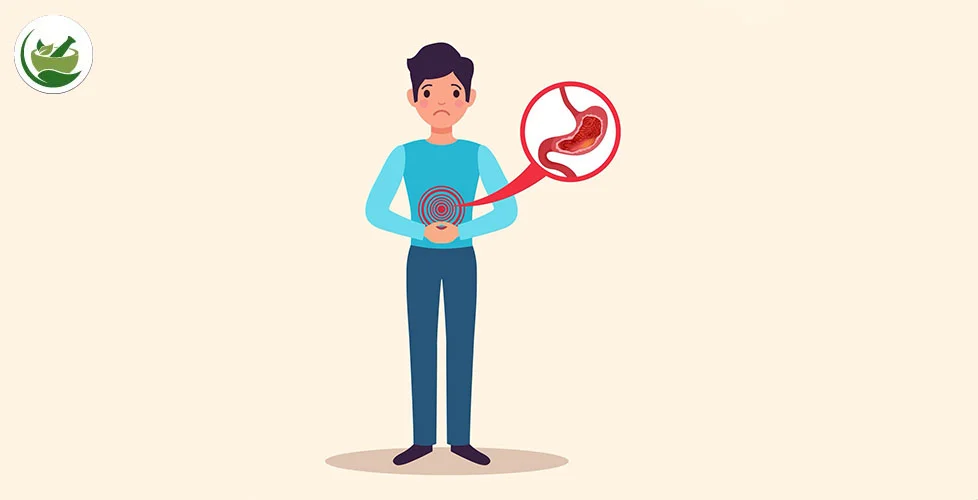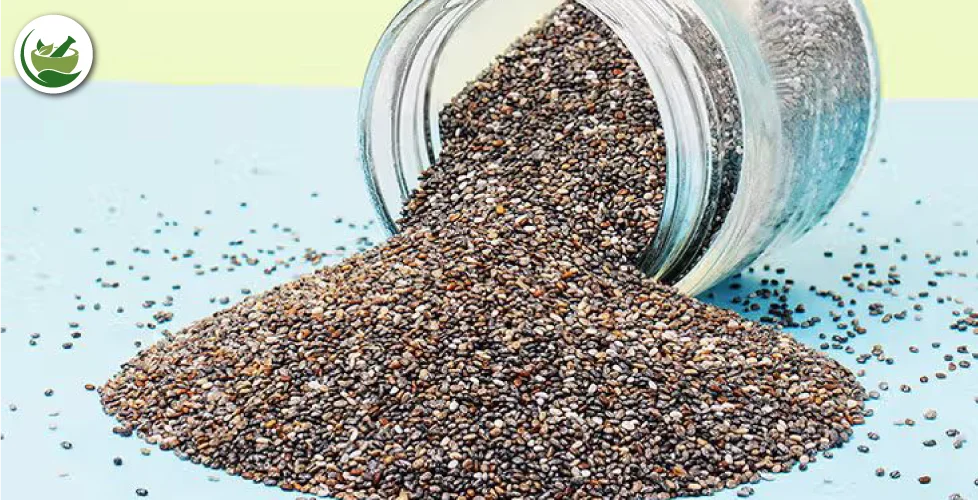
Maintaining a healthy digestive system is really important for overall health, but people often don’t pay attention to it until they have problems. One common digestive issue that stands out is diverticulitis. This condition happens when small bulges in the digestive tract get inflamed, which can be very uncomfortable and even serious if not treated properly. Interestingly, natural remedies like chia seeds are becoming known for helping with digestive health. Chia seeds are packed with nutrients, and they could help manage diverticulitis, which makes them worth considering for anyone who cares about their digestive health. In this blog we deep dive into the benefits of chia seeds and diverticulitis.
What is diverticulitis?

Diverticulitis occurs when small, bulging pouches (diverticula) that can form in the lining of the digestive system become inflamed or infected.
Symptoms
The symptoms can include abdominal pain, fever, nausea, and a marked change in bowel habits. Factors contributing to the development of diverticulitis include a low-fiber diet, aging, and a sedentary lifestyle. Given its ties to dietary habits, understanding how certain foods can impact this condition is crucial for those affected.
The Nutritional Profile of Chia Seeds

Originating from the desert plant Salvia hispanica, native to Mexico, chia seeds were a staple in Mayan and Aztec diets and are now celebrated for their diverse health benefits. These tiny seeds are packed with dietary fiber, omega-3 fatty acids, high-quality protein, and antioxidants. Each of these components plays a role in supporting digestive health, from aiding bowel regularity to reducing inflammation.
How Chia Seeds Can Benefit Those with Diverticulitis
Rich in Soluble and Insoluble Fiber
Chia seeds are an excellent source of both soluble and insoluble fiber. Soluble fiber forms a gel-like substance in the digestive tract, which helps soften stool and promotes regular bowel movements. Insoluble fiber adds bulk to stool, aiding in its passage through the colon. Consuming chia seeds can thus help prevent constipation and alleviate symptoms associated with diverticulitis.
Anti-Inflammatory Properties
Chronic inflammation is a hallmark of diverticulitis. Chia seeds contain omega-3 fatty acids, which possess anti-inflammatory properties. Incorporating omega-3-rich foods like chia seeds into your diet may help reduce inflammation in the colon and alleviate symptoms of diverticulitis.
Promotes gut health
Chia seeds act as prebiotics, providing nourishment for beneficial gut bacteria. A healthy balance of gut bacteria is essential for proper digestion and immune function. By supporting the growth of beneficial bacteria, chia seeds contribute to overall gut health and may help alleviate symptoms of digestive disorders like diverticulitis.
Hydration and bowel regularity
When soaked in water, chia seeds form a gel-like consistency due to their high fiber content. This gel retains water and can help keep the digestive system hydrated, promoting bowel regularity and preventing constipation—a common concern for individuals with diverticulitis.
Incorporating Chia Seeds into Your Diet
- Add chia seeds to smoothies, yogurt, or oatmeal for a nutritious boost.
- Use chia seeds as a thickening agent in soups, stews, and sauces.
- Sprinkle chia seeds over salads or cereal for added crunch and nutrition.
- Create chia seed pudding by combining chia seeds with your choice of milk and sweetener, then refrigerating overnight until thickened.
Overall, chia seeds offer a range of benefits for individuals with diverticulitis, including promoting bowel regularity, reducing inflammation, and supporting overall digestive health. However, it’s essential to consult with a healthcare professional before making any significant changes to your diet, especially if you have a digestive condition like diverticulitis.
Related blog Maximizing Nutrition: Exploring The Benefits Of Chia Seeds In Smoothies
Conclusion
Chia seeds offer a constellation of benefits that may bolster digestive health and offer a natural remedy for managing diverticulitis. Their rich nutritional profile supports a healthy digestive system, potentially easing the symptoms of diverticulitis. However, it’s important to remember that dietary changes should be part of a broader health management strategy. Always consult with a healthcare professional before introducing new elements into your diet, especially when dealing with a condition like diverticulitis. With the right approach, chia seeds can be a delicious and nutritious addition to your diet, contributing to your digestive wellness journey.






